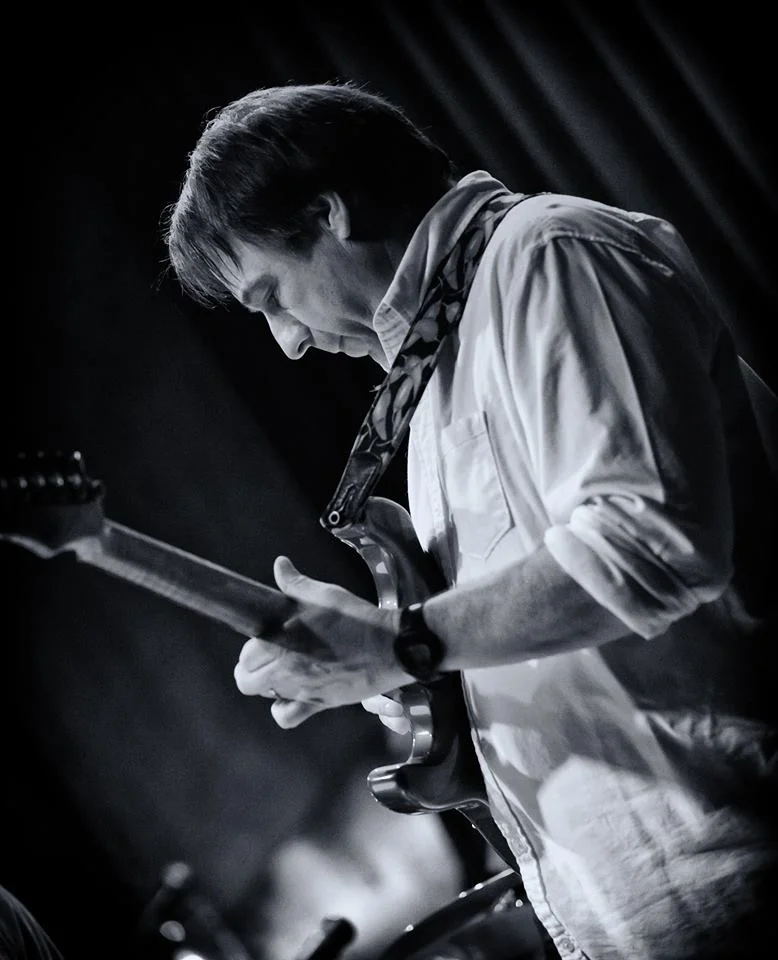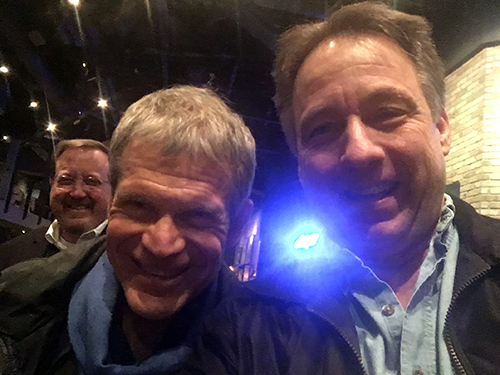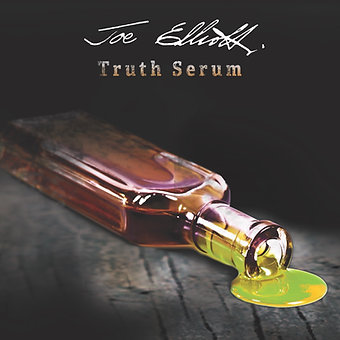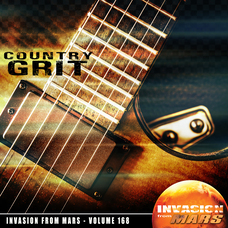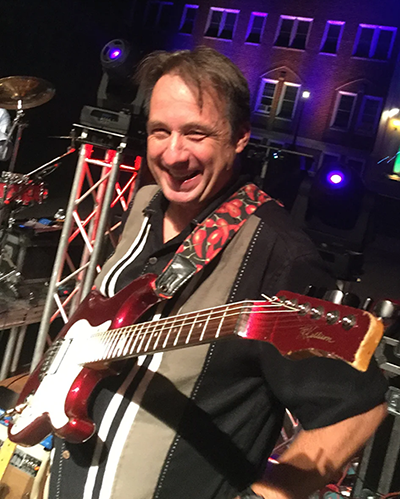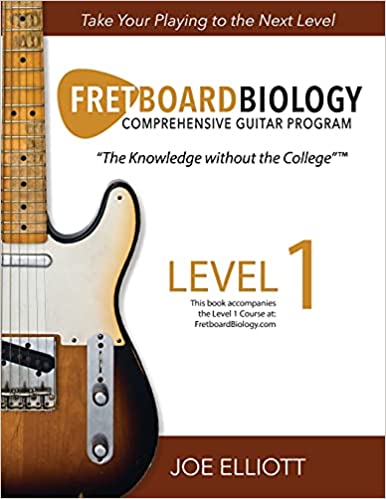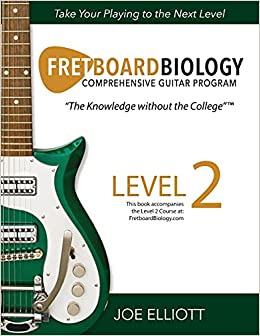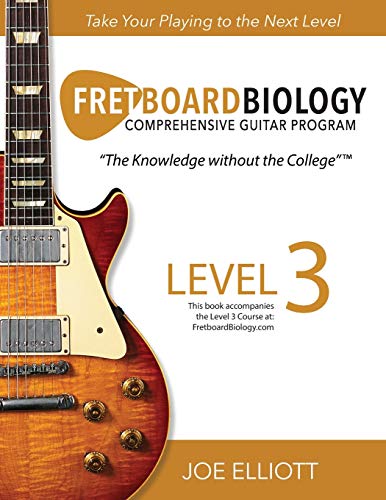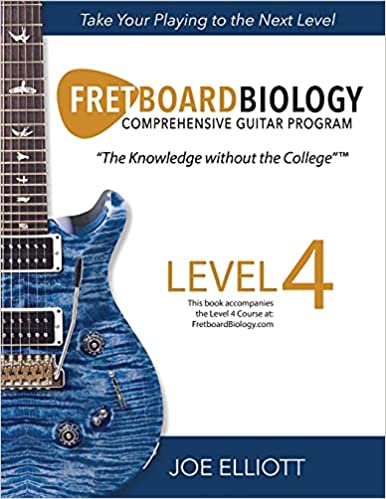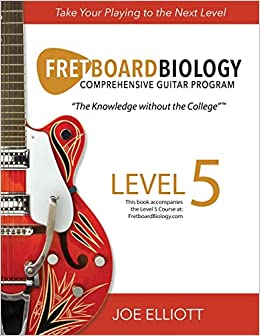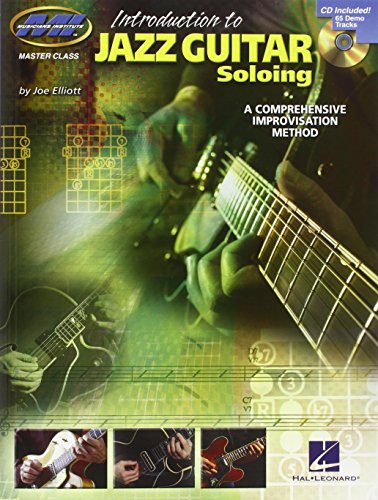
Jazz Guitar Soloing
(Musicians Institute Press). Perfect for seasoned rockers seeking new challenges and jazz newcomers looking for a good start, this book with online audio covers scales, chords, licks, techniques, and other vital jazz improvisation concepts step by step.
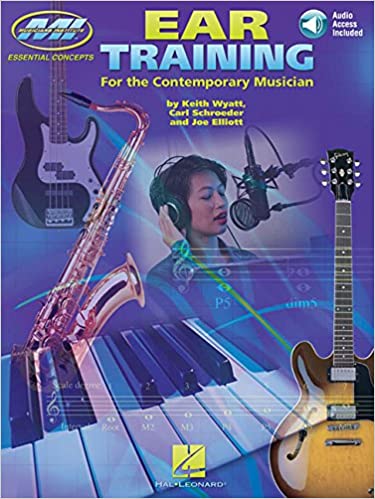
Ear Training
(Musicians Institute Press). This book with online audio access takes you step by step through MI’s well-known Ear Training course. Complete lessons and analysis include: basic pitch matching, singing major and minor scales, identifying intervals, transcribing melodies and rhythm, identifying chords and progressions, seventh chords and the blues, modal interchange, chromaticism, modulation, and more!

